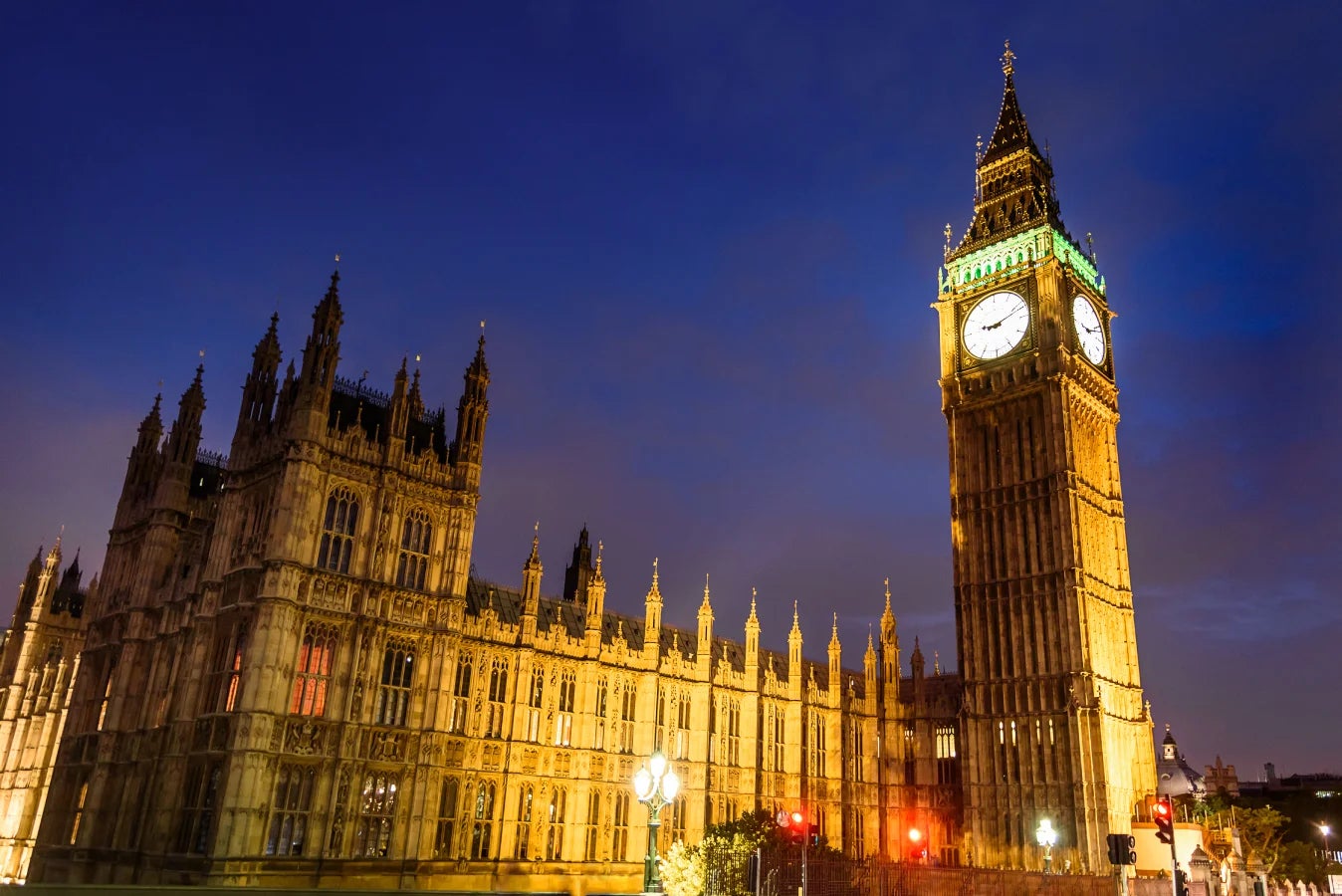
Barring corporations like OpenAI, Google, and Meta from coaching AI on copyrighted materials within the UK could undermine mannequin high quality and financial influence, coverage specialists warn. They are saying that it’s going to result in bias in mannequin outputs, undermining their effectiveness, whereas rightsholders are unlikely to obtain the extent of compensation they anticipate.
The UK authorities opened a session in December 2024 to discover methods to guard the rights of artists, writers, and composers when inventive content material is used to coach AI fashions. It outlined a system that allows AI builders to make use of on-line content material for coaching except the rightsholder explicitly opts out.
Our bodies representing the inventive industries largely rejected this proposal, because it put the onus on creators to exclude their content material moderately than requiring AI builders to hunt consent. Tech corporations didn’t prefer it both, arguing that the system would make it tough to find out which content material they may legally use, prohibit industrial functions, and demand extreme transparency.
Throughout a current webinar hosted by the Centre for Information Innovation assume tank, three coverage specialists clarify why they consider any answer wanting a full textual content and information mining exemption in UK copyright regulation dangers producing ineffective AI techniques and stalling innovation.
Decide-out regimes could lead to poorly skilled AI and minimal earnings for rightsholders
Benjamin White, the founding father of copyright reform advocacy group Data Rights 21, argued that rules on AI coaching will have an effect on extra than simply the inventive industries, and since copyright serves to stimulate funding by defending mental property, he mentioned the broader financial influence of any restrictions must also be taken into consideration. “The principles that have an effect on singers have an effect on scientists, and the principles that have an effect on clinicians, have an effect on composers as effectively. Copyrights are type of a horizontal one-size-fits-all all,” he mentioned.
He added that the scientific group is “very involved on the framing of the session,” noting that it overlooks the potential advantages of information sharing in advancing tutorial analysis, which, in flip, gives widespread benefits for society and the financial system.
White mentioned: “The prevailing exception doesn’t permit universities to share coaching information or evaluation information with different universities inside proportionate partnerships, doesn’t permit NHS trusts to share coaching information derived from copyright supplies like journal articles or supplies scraped off the net.”
SEE: Why Artists Hate AI Artwork
Bertin Martens, senior fellow at financial assume tank Bruegel, added: “I feel media industries wish to have their cake and eat it on the identical time. They’re all utilizing these fashions to extend their very own productiveness already at this second, and so they profit from good high quality fashions, and by withholding their information for coaching, they cut back the standard… so it cuts into their very own flesh.”
If AI builders signed licensing agreements with simply the consenting publishers or rightsholders, then the information their fashions are skilled on can be skewed, in response to Martens. “Clearly, even large AI corporations should not going to signal licenses alongside that lengthy tail of small publishers,” he mentioned. “It’s far too pricey by way of transaction prices, it’s not possible, and so we get biased fashions with partial info.”
Julia Willemyns, the co-founder of tech coverage analysis venture UK Day One, said that the opt-out regime is unlikely to be efficient in apply, as jurisdictions with much less restrictive legal guidelines will nonetheless permit entry to the identical content material for coaching. Blocking entry to outputs from these jurisdictions would in the end deprive the UK of the perfect obtainable fashions, she warned. She mentioned this “slows down expertise diffusion” and has “detrimental productiveness results.”
SEE: UK Authorities Releases AI Motion Plan
Moreover, artists are unlikely to earn significant earnings from AI licensing offers. “The issue is that each piece of information isn’t value very a lot to the fashions, these fashions function at scale,” mentioned Willemyns. Even when licensing regimes had been enforced globally and rightsholders’ content material may solely be used with express authorized consent, the financial profit for creators would nonetheless be “doubtless very, very minimal.” “So, we’re buying and selling off countrywide financial results for a optimistic that appears very negligible,” she mentioned.
Willemyns added that overcomplicating the UK’s copyright method by, say, requiring separate regimes for AI coaching on scientific and inventive supplies, may create authorized uncertainty. This could overburden courts, deter enterprise adoption, and danger dropping out on AI’s productiveness positive factors. A textual content and information mining exemption would guarantee simplicity.
ChatGPT’s Ghibli controversy underscores blurred strains in AI creativity
The talk over creative safety versus innovation additionally surfaced final month throughout an issue involving AI-generated artwork within the fashion of Studio Ghibli, the Japanese animation home behind ‘Spirited Away’ and ‘My Neighbor Totoro.’ Critics argued it risked appropriating a particular creative fashion with out permission, and OpenAI ultimately launched a refusal mechanism that prompts when customers try to generate photos within the fashion of a dwelling artist.
The panel disagreed with this method. Willemyns mentioned that the inventory of Studio Ghibli’s mum or dad firm “clearly upticked” as elevated consideration drove extra individuals to look at its movies. “I really feel just like the arguments that AI slop is just not going to really take over content material had been form of re-reaffirmed by the occasion,” she mentioned. Martens agreed, arguing that “if there are lots of Ghibli lookalikes which might be being produced it will increase competitors round a preferred product, and that’s one thing that we should always welcome.”
SEE: UK Pledges Public Sector AI Overhaul
White added that cartoons with Ghibli’s artwork fashion are produced by plenty of totally different Japanese studios. “They’re all individuals with large eyes, Western-looking, that’s the fashion,” he mentioned. “That’s not protected by copyright, what copyright regulation protects is substantial similarity.”
Martens famous that how shut a specific AI-generated work can come to an authentic is “as much as the courts,” however this will solely be decided on a case-by-case foundation. In the end, the panel agreed that fashions shouldn’t be in a position to straight reproduce coaching content material, however that coaching on publicly obtainable materials ought to stay permissible. “Having flexibility on how the techniques are constructed and the way expertise learns from content material that’s publicly obtainable is almost certainly the easiest way ahead,” mentioned Willemyns.






No Comment! Be the first one.